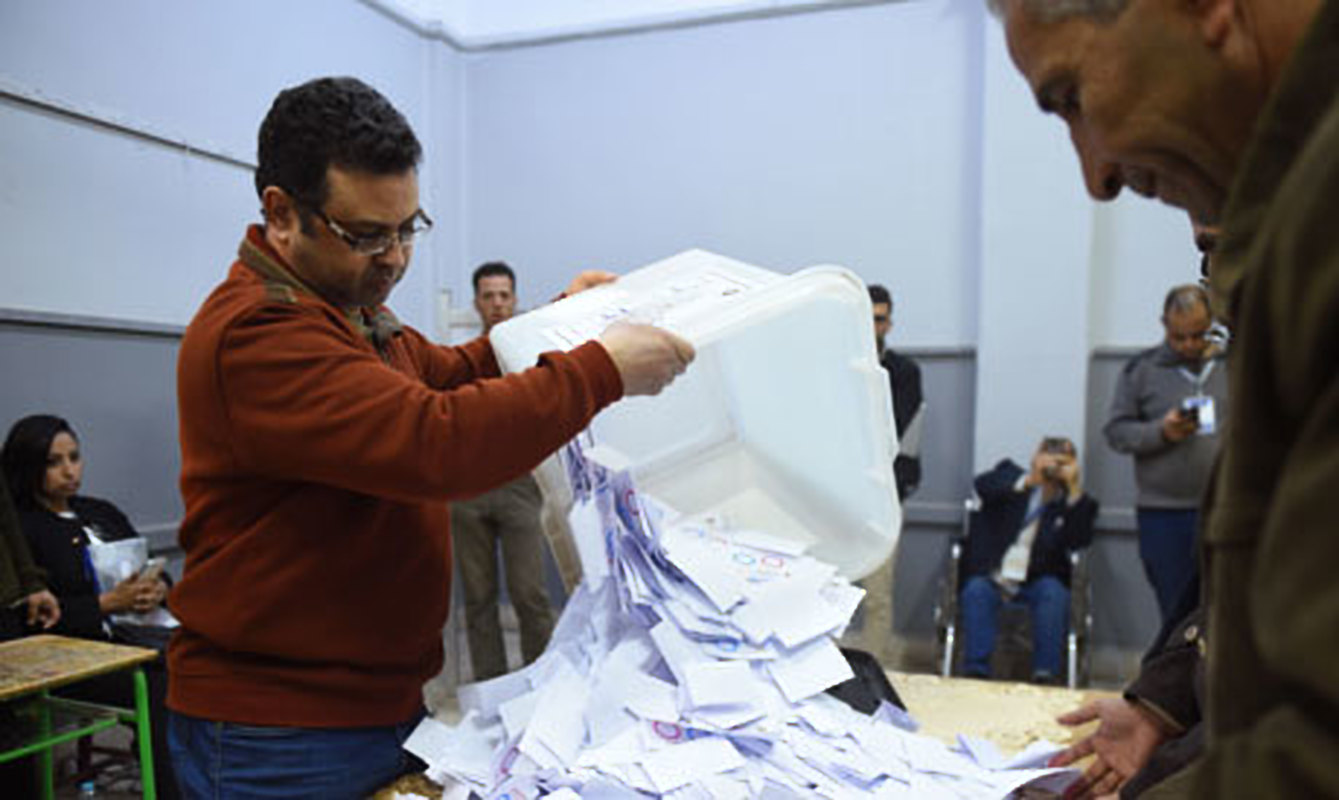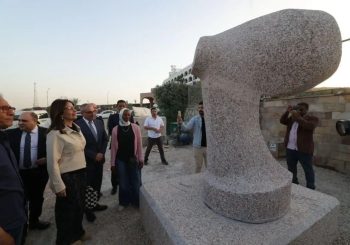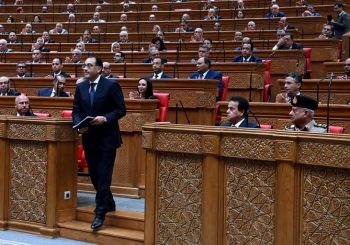Egypt’s National Elections Authority announced on Tuesday that Egyptians have voted to pass a number of constitutional amendments in a public referendum, with 88.83% voting in favour.
The turnout was average, with 44.3 percent of 61,344,503 eligible voters participating.
Egypt’s President Abdel Fattah Al Sisi, whose term has been extended by two years as a result of the referendum, thanked Egyptians for their patriotism and participation.
Over the past three days, Egyptians cast their ballots on constitutional amendments to the 2014 charter, which were approved by the parliament with a majority, with 531 out of 596 members voting in favour, 22 voting against and one abstention.
Here is a summary of the articles amended:
Article 102 (first paragraph):
This article aims to reduce the number of elected MPs in the House of Representatives (Egypt’s lower house of parliament) from 596 to 450 MPs, with 25 per cent of seats (112 seats) to be reserved for women representatives.
Article 140 (first paragraph):
The president of the republic shall be elected for six (instead of four) years by the end of his predecessor’s term, though he/she cannot remain in office for more than two consecutive terms.
Transitional Article 241:
The term of the sitting president (Abdel-Fattah Al-Sisi) will end following the date of declaring him an elected president, and he can be re-elected for another six-year term.
Article 150:
The president of the republic shall be authorised to name one or more than one vice president.
Article 160 (first paragraph):
If a temporary obstacle makes the elected president unable to perform his/her duties, he/she will be replaced by a vice president or prime minister if there is no vice president.
Article 160 (last paragraph):
If the new president (the one who replaced the official president) takes office, he/she shall not be entitled to amend the constitution, dissolve the House of Representatives or Senate, or dismiss the government. He/she will also not be allowed to run for president.
Article 185:
The president of the republic shall appoint heads of judicial authorities from among five who will be nominated by its higher councils, and their term of office will be four years. Each judicial authority will take charge of running its own affairs.
A higher council for judicial authorities will also be created headed by the president, taking charge of discussing the affairs of judicial authorities.
Judicial authorities will have their own independent budget.
Article 189 (second paragraph):
The prosecutor-general will be named by the president of the republic from among three candidates to be nominated by the higher council for judicial authorities, with a term in office not extending four years.
Article 190:
The State Council will be exclusively authorised with settling administrative disputes, disciplinary cases and appeals, and revising draft laws and decrees.
Article 193 (third paragraph):
A chairman of the Supreme Constitutional Court will be named by the president from among the court’s most senior deputy heads. The panel of the court’s commissioners will also be named by the president only upon a recommendation from the court’s chairman and after taking the opinion of the court’s general assembly.
Article 200 (first paragraph):
The Armed Forces are the sole providers of security and any other group will be banned from forming military or paramilitary organizations and militias.
Article 204 (second paragraph):
Civilians can face trial before military courts in cases of assaulting military establishments, military camps, military zones and borders, military equipment, vehicles, weapons, ammunition, documents, secrets, funds and army factories.
Trials also cover crimes related to recruitment and drafting and assaulting officers and personnel affiliated with the Armed Forces while they are performing their duties.
Article 243:
The state shall guarantee that workers and farmers are adequately represented, and in line with the law regulating this aspect.
Article 244:
The state shall guarantee that youth, Christians, the physically challenged and Egyptian expatriates are fairly represented in line with laws regulating this aspect.
Article 248:
The Senate has the authority to study and propose what it deems to be the basis of democracy, the promotion of social peace, and the supreme values, rights, freedoms and public duties.
Article 252:
A Senate member cannot be a member of the House of Representatives at the same time.
Article 253:
The prime minister, his deputies, ministers and other members of the government shall not be held accountable to the Senate







Comments (0)